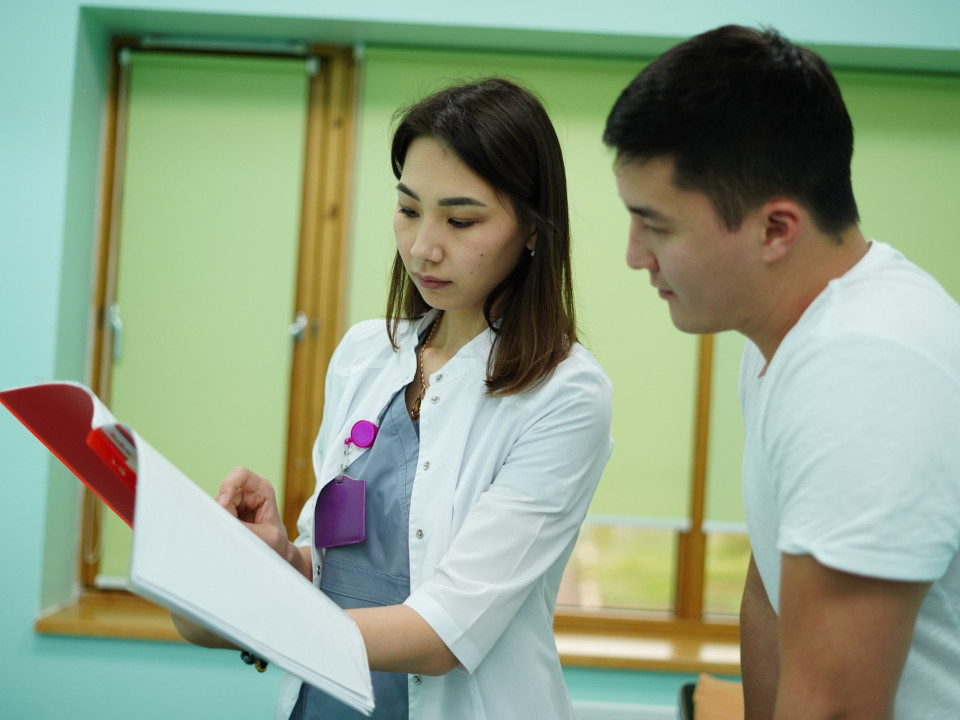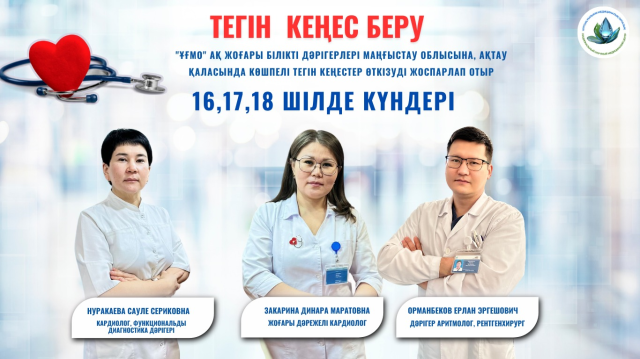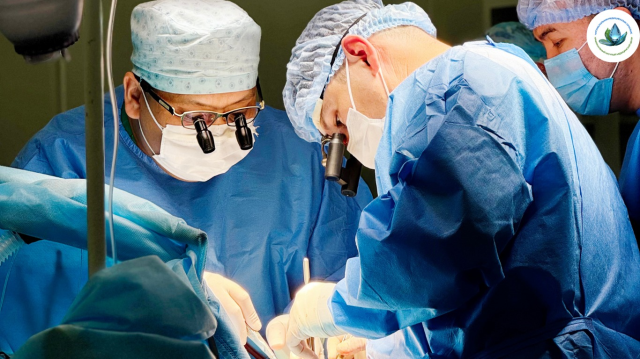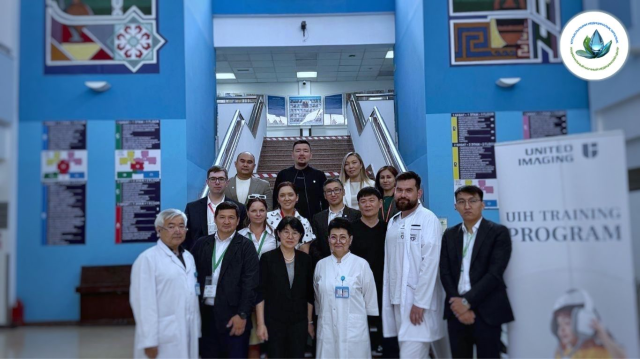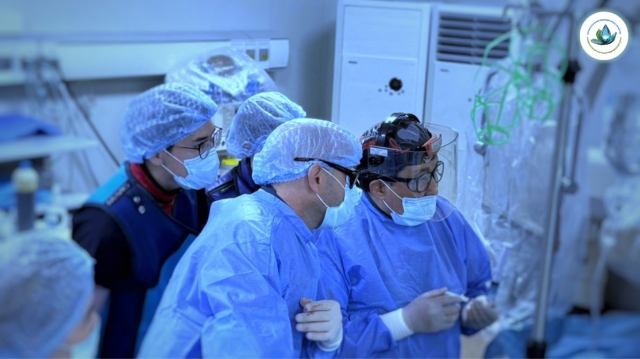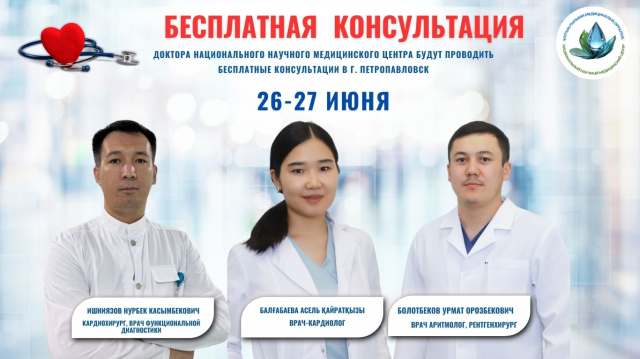A proctologist (coloproctologist) is a doctor who deals with the diagnosis and treatment of diseases of the rectum and colon, as well as the perianal region. In addition to reducing the quality of life, proctological pathologies are dangerous due to their severe complications. Therefore, timely diagnosis is very important for effective treatment. The reception at the Center is carried out by the best specialists of Astana with many years of experience.
What are the symptoms of contacting a proctologist?
• regular constipation and diarrhea;
• the appearance of redness, pain and itching in the anus;
• the presence of mucous, purulent and bloody discharge from the anus;
• flatulence;
• fecal incontinence;
• formation of cracks, swelling, lumps around the anus;
• the appearance of pain during or after defecation;
• the feeling of a foreign body in the anus;
• formation of hemorrhoids and their exit to the outside.
The development of proctological diseases is accompanied by a number of physiological causes due to certain conditions of the body, for example:
• pregnancy and childbirth;
• heavy physical activity;
• alcohol abuse;
• age-related changes;
• sedentary lifestyle;
• Sedentary work;
• overweight, etc.
Proctologist services
Many people prefer to suffer, suffer and endure terrible pain and anal bleeding for years, not realizing that most pathologies of the rectum and colon are now successfully treated with gentle methods that do not require hospitalization and complex surgical intervention.
Our Center provides proctologist services, and early diagnosis and effective treatment allows you to quickly get rid of any pathology, including potentially dangerous ones in terms of malignant degeneration.
Our proctologists work in close contact with specialists in other fields of medicine — urologists, gastroenterologists, gynecologists, etc. This approach allows us to solve the problem in a complex, eliminating not only the symptoms of the disease, but the very cause of its occurrence.
How is the appointment or consultation of a proctologist going?
The appointment of a proctologist has its own characteristics. To visit this specialist, appropriate preparation of the body is required. It consists in following simple recommendations and manipulations:
• it is necessary to clean the intestines beforehand (with the help of an enema or laxative);
• a few days before the scheduled visit, products that promote gas formation (mainly carbohydrates) should be removed from the diet;
This must be done so that the doctor has the opportunity to get the most accurate and clear picture of the disease.
A proctologist's consultation includes:
• anamnesis collection (complaints, lifestyle, habits, concomitant diseases, etc.);
• general examination and rectal finger examination;
• conducting a number of laboratory and instrumental studies;
• development and appointment of an individual comprehensive treatment regimen based on the data obtained.
If necessary, the proctologist will appoint additional examinations and consultations with related specialists.
What diseases are treated by a proctologist:
The most common disease that proctologists deal with is hemorrhoids. This is a fairly common pathology, which affects almost 45% of the adult population of the globe.
The second most common pathology with which people often come to see a proctologist is proctitis and anal fissures. The most severe complications of such diseases are malignant changes in the mucous membrane of the rectum with the formation of a fistula.
The proctologist also treats the following diseases:
• nonspecific ulcerative colitis;
• proximoiditis;
• inflammatory bowel diseases (cryptitis, proctitis, etc.);
• intestinal atony;
• perianal dermatitis;
• Crohn's disease;
• fecal incontinence (encopresis);
• polyps of the rectum;
• paraproctitis;
• perianal warts, lipomas, papillomas, fibroids, etc.;
• colitis;
• parasitic diseases (worm infestations);
• injuries of the anus, rectum and colon of various types.
What diagnostic methods are used in proctology
The specialists of our Center use the following methods of laboratory and instrumental diagnostics:
• anoscopy;
• rectoscopy (rectoromanoscopy);
• irrigoscopy;
• colonoscopy (without pain);
• coprogram;
• analysis for cancer markers;
Based on the results of the examination and the obtained laboratory data, the proctologist will make the only correct diagnosis and prescribe the most effective treatment regimen — therapeutic or surgical.
What treatment methods are used in proctology
There are quite a lot of ways to treat proctological diseases. Their effectiveness, in particular, depends on a correct diagnosis. Specialists of the Center treat proctological diseases using progressive, gentle and minimally invasive surgical methods, the effectiveness of which has been tested and proven by the world's leading clinics.
Non-surgical treatment methods include drug therapy, lifestyle correction, selection of a balanced diet, physiotherapy procedures.
We successfully treat hemorrhoids and anal fissures using non-surgical minimally invasive techniques:
• ligation with latex rings;
• Radio wave and infrared coagulation;
• tightening of internal hemorrhoids (HAL-RAR surgery);
• cryodestruction.
Make an appointment with a proctologist
You can make an appointment by calling +7 7172 57 74 40, +7 702 094 77 71

